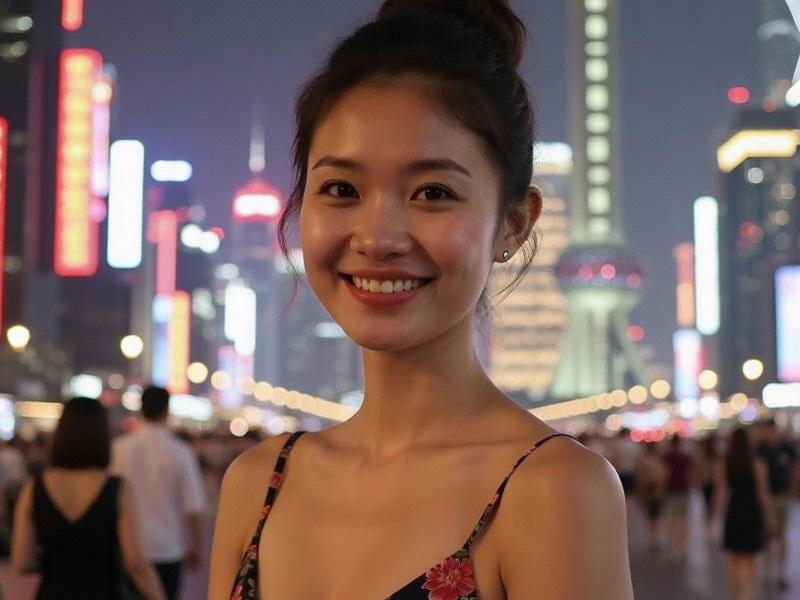
The scent of freshly ground coffee mixes with century-old soy sauce aromas in Shanghai's renovated shikumen alleys, where baristas and calligraphers now work side by side. This unexpected harmony encapsulates Shanghai's current cultural moment - a city racing toward the future while carefully collecting fragments of its past.
The Neighborhood Revival Movement
Shanghai's historic districts are experiencing a cultural rebirth:
- 68 traditional lane houses transformed into hybrid living/creative spaces
- Community-led preservation initiatives protect 94 heritage buildings
- "Micro-Renovation" projects blend modern amenities with original architecture
- Night markets feature both VR gaming and traditional shadow puppetry
"Shanghai's magic lies in its layers," says urban anthropologist Dr. Emma Zhou. "Each generation leaves traces that the next reinterprets rather than erases."
上海龙凤419贵族 The New Creative Economy
Emerging cultural-business hybrids:
- Former factories house 320% more creative startups than five years ago
- Artisanal workshops generate $280M annually in craft tourism
- Co-living spaces integrate elderly residents as cultural consultants
- Digital platforms connect traditional craftsmen with global markets
Cultural Policy Innovations
Government-supported initiatives:
上海龙凤419杨浦 - "Living Heritage" program funds resident-led conservation
- Tax incentives for businesses preserving historical character
- Zoning laws encourage mixed-use cultural developments
- Municipal grants support neighborhood storytelling projects
Social Fabric Rewoven
Changing community dynamics:
- Young professionals mentor seniors in digital skills
- Migartnworkers document their Shanghai experiences
- Intergenerational cooking classes preserve culinary traditions
上海龙凤419 - Community theaters stage hyper-local productions
Global-Local Tensions
Challenges in cultural preservation:
- Authenticity debates over "instagrammable" renovations
- Rising rents threaten original residents in trendy areas
- Commercialization of traditional practices
- Balancing tourist appeal with local needs
As Shanghai approaches its 2025 Cultural Capital of East Asia designation, the city offers a compelling case study in urban identity. The Shanghai paradox - simultaneous futurism and nostalgia - may hold the key to sustainable urban culture worldwide.
"Great cities don't choose between history and progress," observes Mayor Gong Zheng. "Like Shanghai, they learn to dance with both."
